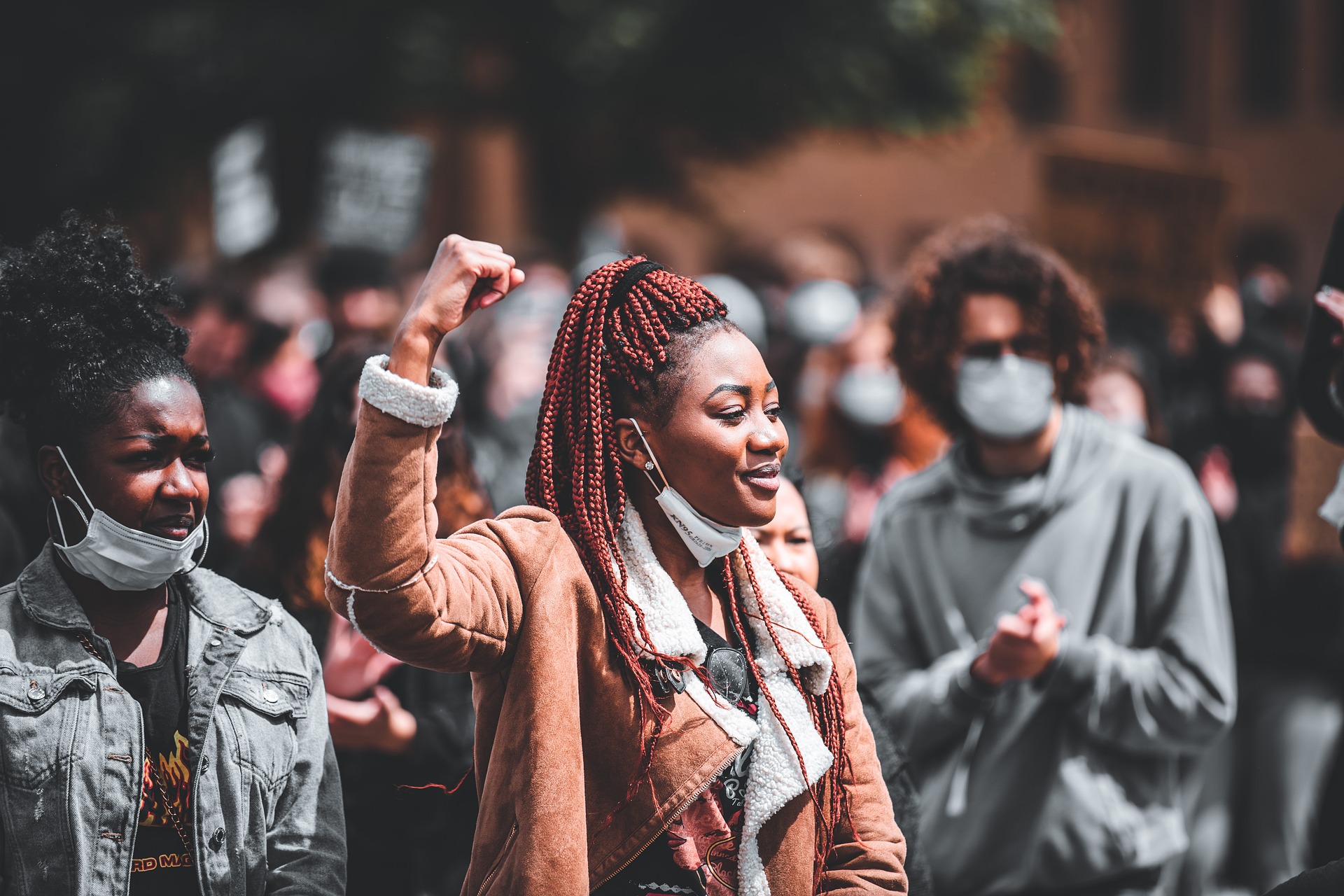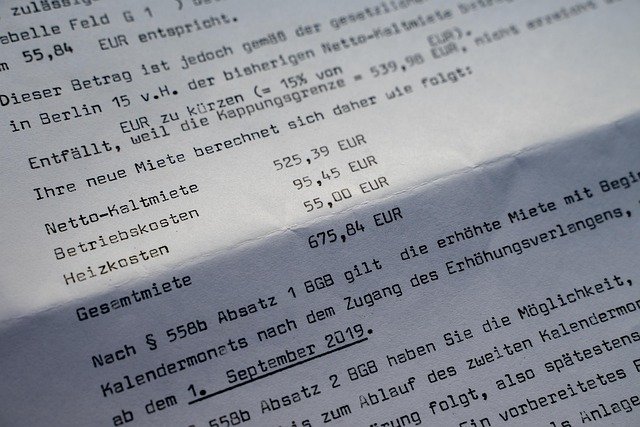Democracy in the Digital Age: The Role of Social Media in Political Engagement
In today's age of connectivity, social media platforms are not only a tool for sharing memes and vacation photos but also a powerful vehicle for political discourse. This article delves into the implications of this digital revolution on democracy, focusing on the United States and how social media is shaping political engagement.

The Emergence of Social Media as a Political Tool
When Barack Obama leveraged social media platforms for his 2008 presidential campaign, it marked the beginning of a new era in political communication. Today, politicians are increasingly using social media to reach voters directly, bypassing traditional modes of communication. The ability to share, like, and comment on posts has also democratized political discourse, allowing citizens to engage with politicians and issues directly.
The Pros: Increased Political Engagement and Transparency
Social media platforms like Facebook, Twitter, and Instagram have emerged as vital public spaces for political dialogue. These platforms are fostering political engagement, especially among youth, who may otherwise feel disconnected from traditional forms of politics. They also promote transparency, with politicians using them to explain policy decisions and engage in open discussions.
The Cons: Misinformation and Polarization
However, the rise of social media politics has its drawbacks. The spread of misinformation is a significant concern, with fake news and propaganda potentially influencing public opinion and electoral outcomes. The algorithms that drive social media feeds also tend to promote content that aligns with the user’s existing views, which can exacerbate political polarization.
Legal and Regulatory Implications
The intersection of social media and politics raises critical legal and regulatory questions. Should social media platforms be treated as public forums, subject to First Amendment protections? How should misinformation be regulated without infringing on free speech rights? In the U.S., lawmakers are grappling with these issues as they seek to balance the need for open political discourse with the risks posed by unregulated social media.
The Future: Harnessing Social Media for Democratic Engagement
As social media continues to shape political discourse, it is essential to harness its potential while mitigating its risks. This could involve educating users about media literacy, promoting transparency in political advertising, and fostering a culture of online civility.
- Social media usage in the U.S. stands at 72% as of 2019, with Facebook being the most popular platform.
- Politicians are increasingly using social media for campaigning: 88% of U.S. senators and 90% of House members were on Twitter as of 2018.
- Social media can both foster and hinder political engagement. While it can mobilize voters and promote transparency, it can also spread misinformation and exacerbate polarization.
In conclusion, social media has irrevocably changed the landscape of political communication, bringing both opportunities and challenges. As we navigate this new era, our goal should be to leverage the power of digital platforms to foster democratic engagement, while also confronting the threats they pose to our political discourse.




